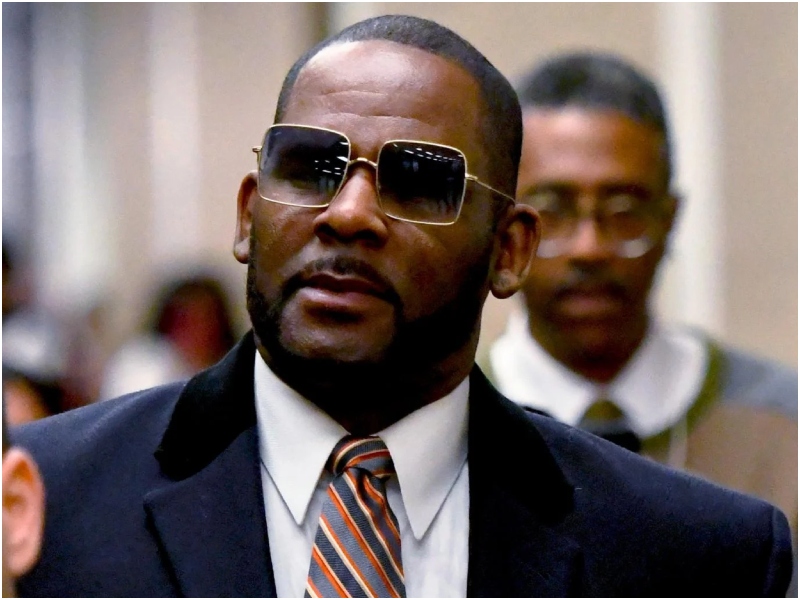R. Kelly’s legal team presented their case to an appeals court in Manhattan on Monday, seeking to overturn the R&B superstar’s 2021 convictions or secure a new trial.
The focus of their argument lies in the use of racketeering charges, which they claim were unfairly applied and could set a precedent for broader interpretation.
Attorney Jennifer Bonjean, representing Kelly, argued that the prosecution’s use of the Racketeer Influenced and Corrupt Organization (RICO) statute was inappropriate, suggesting it could open the door for various organizations, even college fraternities, to be labeled as racketeering enterprises.
She emphasized that the individuals associated with Kelly were not part of an organized effort to engage in illegal activities, but rather were involved in promoting his music.
Assistant U.S. Attorney Kayla Bensing countered these claims, asserting that Kelly’s network of aides and employees played a significant role in facilitating his abusive behavior towards young women.
She cited instances where individuals within Kelly’s circle were aware of the illegal activities and actively participated in enabling them.
During the hearing, questions were raised regarding the extent of the employees’ knowledge about Kelly’s actions with underage girls.
Bensing provided testimony indicating that some individuals were aware of the victims’ ages and still facilitated their interactions with Kelly.
The outcome of the appeals court’s decision remains uncertain, but it could have far-reaching implications for Kelly’s case and potentially impact future prosecutions involving similar charges.
Despite the legal arguments presented, the larger context of Kelly’s history of sexual misconduct and the widespread outrage surrounding his actions loom large over the proceedings.
R. Kelly, a once-beloved figure in the music industry, has faced a series of legal battles stemming from allegations of sexual abuse and exploitation of minors.
His convictions in 2021 marked a significant moment in the #MeToo movement’s efforts to hold powerful individuals accountable for their actions.
As the appeals process unfolds, the questions raised about the application of racketeering charges and the accountability of those associated with Kelly underscore the complexities of the case and its broader implications for the legal landscape surrounding sexual abuse and exploitation.

